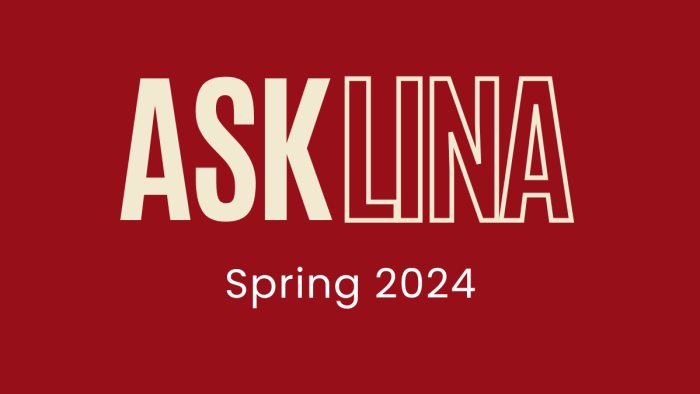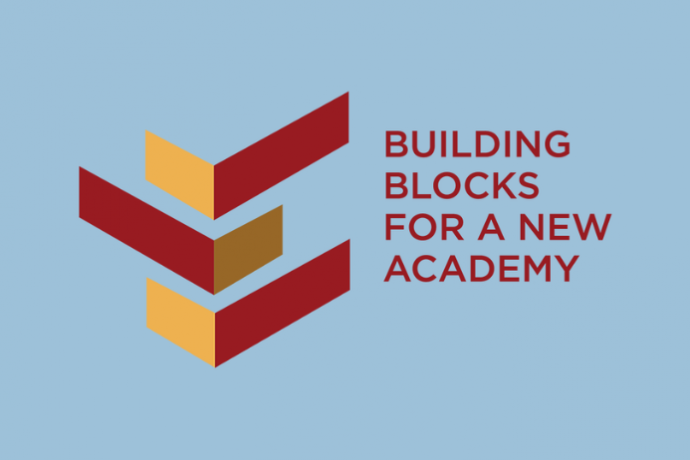


| Dear LINA, I’m the newly minted dean for the humanities at a private research university. As a faculty member, my favorite deans have been those who advocated staunchly for their faculty members’ interests, bringing our ideas and concerns to the administration. In that sense, I believe that my primary role is to be an effective conduit and communicator, mitigating the sometimes adversarial relationship between the faculty and the administration. That isn’t an easy job, by any means, and I have always been appreciative of those who did it well. However, I’ve recently realized that the associate provost who sits directly above me does not think of that as my primary role. In our first meeting, he asked me what my “vision” was. I said that I wanted to help my colleagues achieve their goals. He grimaced and said that I should never say that again, even if it is true, because it makes it appear as though I have no ideas of my own. He said such an approach could end up making me look chaotic and reactive, and that I need to think about what my own vision for the humanities at our institution is and how I might make progress toward it. A lifetime in higher ed has left me skeptical about leaders with too much “vision,” but I clearly can’t be the champion my faculty members need me to be if upper administration doesn’t respect me. So my question is: How do I balance these two things against one another? Sincerely, Reluctant Visionary |
Dear Reluctant Visionary,
Thanks for sharing. I’m heading into my fourth year as dean of the largest college at a large public research university on the west coast, so I have a few not-so-stale thoughts on the transitions to being The Dean. It’s a great gig that’s also challenging, and occasionally miserable. You’re responsible for so much and answer to so many. You have few true direct reports and face so many constraints, yet many treat you as the All Powerful.
Here’s my trigger sentence :
In that sense, I believe that my primary role is to be an effective conduit and communicator, mitigating the sometimes adversarial relationship between the faculty and the administration
As I see/know/live it, the poster-as-dean is the administration. Or more appropriately, the poster is a key member of University Leadership. Yes, the humanities dean advocates for humanities faculty, but they also must define, shape, equip, assess, compensate, reward, and discipline said faculty in a larger university context. The dean controls resources that faculty members do not. They are also responsible for challenges (space, enrollments, misconduct) that regular faculty often see as “the dean’s problem.”
Yes, the humanities dean advocates for humanities faculty, but they also must define, shape, equip, assess, compensate, reward, and discipline said faculty in a larger university context.
Therefore the dean must have a vision and a praxis for quality, equity, governance, and resource allocation that advance faculty interests (among others) but do not necessarily satisfy each and all faculty. That vision does not need to spring fully formed from the Dean’s cranium, Athena-like, but the Dean needs to understand and articulate and translate where they want the unit and its faculty to go.
We deans come up through the faculty. We maintain our faculty appointments. We try to remain relevant in our disciplinary fields. We can signal this in many ways. But we are no longer regular rank-and-file faculty members. The other leaders do not see you that way. And if/when we return to the regular faculty, chances are high that we’ll bring a perspective (perhaps a stigma) that will be discomfiting to once-chummy rank-and-file peers.
My pathway to being The Dean was long—eight years as an associate dean. I am suited for leadership. I find it rewarding. The poster’s pathway may have been shorter, and thus the transition more abrupt. It’s a journey for us all. There’s balance, but also directionality. Live—and try to love—it.
Thought experiment: If tasked with delivering an aspirational, inspirational, and factual State of the College, where do you begin?
Signed,
LINA in California
Dear Reluctant Visionary,
Congratulations on your new role! Despite the challenge you describe, it is so important that the humanities have leaders like you who understand faculty life inside and out. Mitigating the relationship between the faculty and upper administration is a valiant and challenging task, and the faculty at your institution are lucky to have someone who wants to advocate for their interests.
Academia so often forces us to describe our work as individual, but the best leaders tap into the power of the collective.
I fully understand your reaction to the word “vision,” which can be used by people who have “great” ideas that will never work or alienate the very people working on the ground in departments and programs. It may help to think of your vision as something you generate through consultation and research. You might start by meeting with smaller groups of faculty and discussing the challenges and opportunities they see for their programs, departments, and the humanities at your institution. You’ll take a lot of notes and then sift through the ideas, not as some kind of evil gatekeeper but rather as someone looking for patterns and possibilities given what you know about your institution. Your next step could be diving into the research about the state of humanities right now. So few faculty members have the time to do this reading because of the daily pressures of disciplinary research and teaching, but your new position gives you the perfect opportunity to become your campus expert. You can look for examples and ideas that resonate with what you are hearing on your campus, and you can further find ideas to test out on your colleagues to see whether they resonate on your particular campus.
In sum, I invite you to think of vision as something that can be arrived at collectively, even if you decide to present it as “your” vision to the Associate Provost. Academia so often forces us to describe our work as individual, but the best leaders tap into the power of the collective. I invite you to find ways to do just that.
Best wishes,
LINA in New York